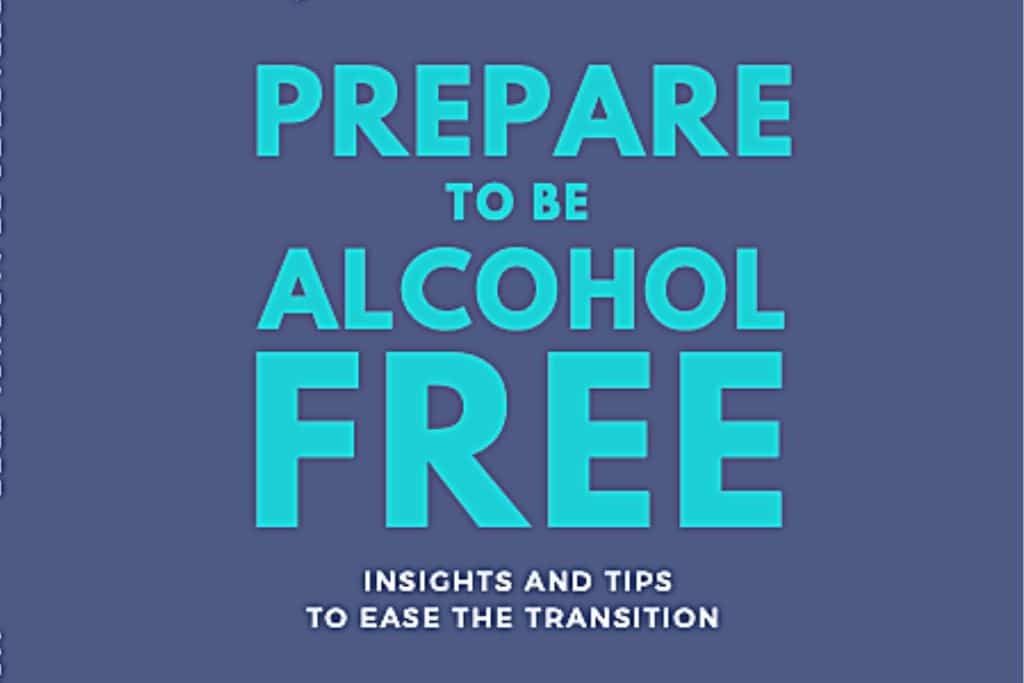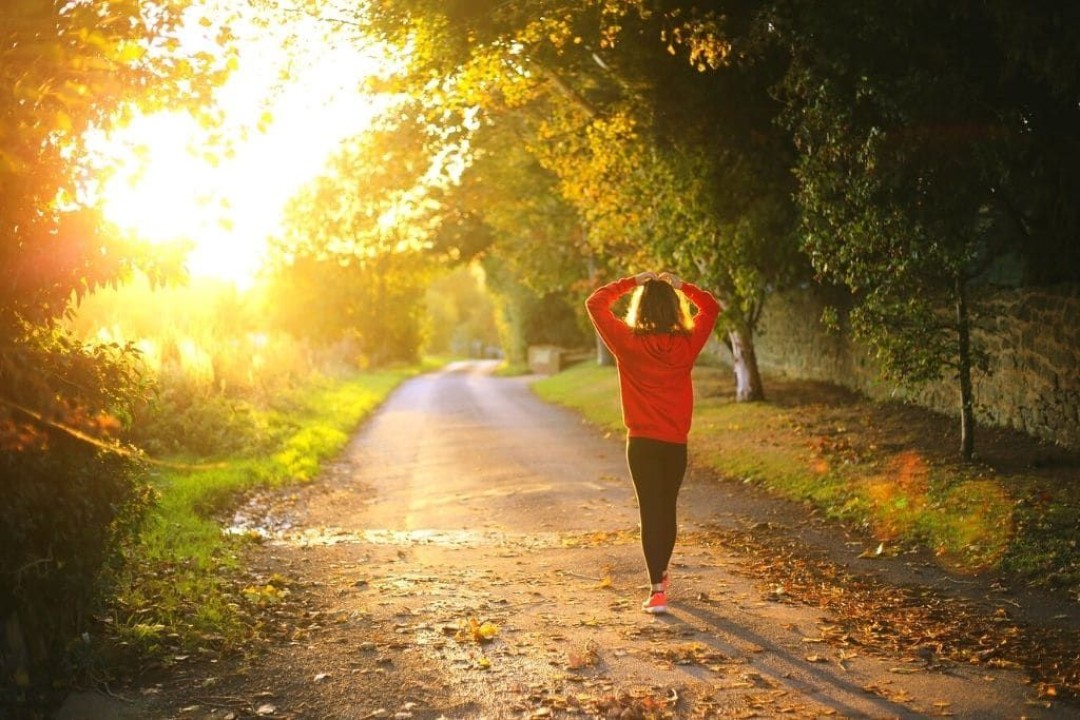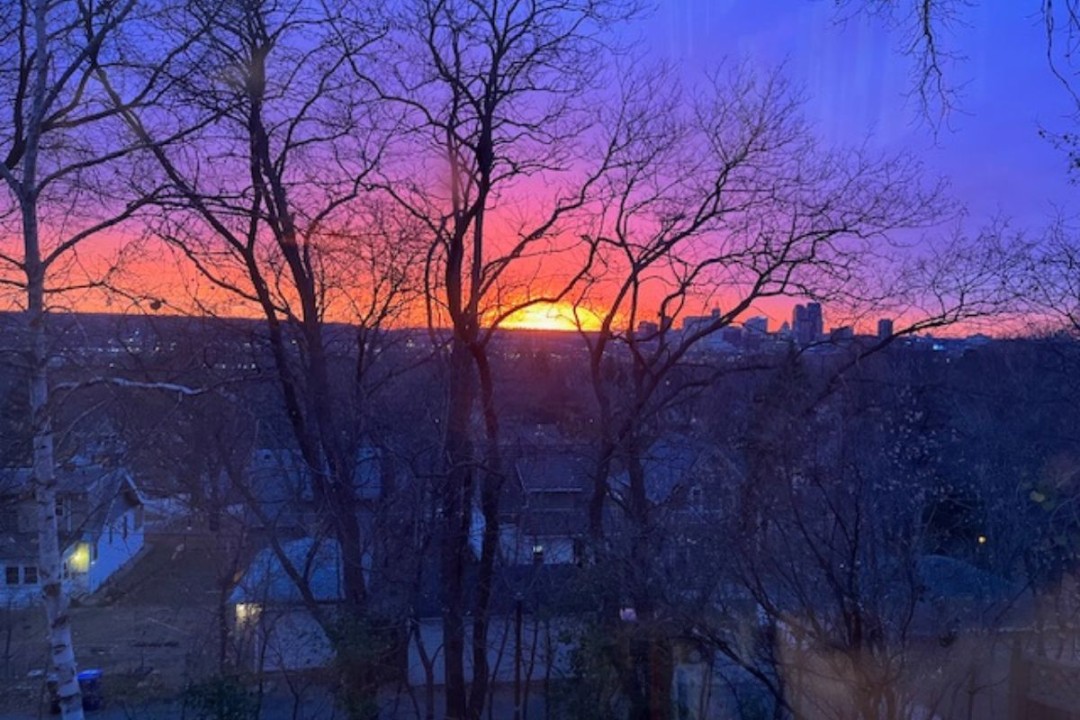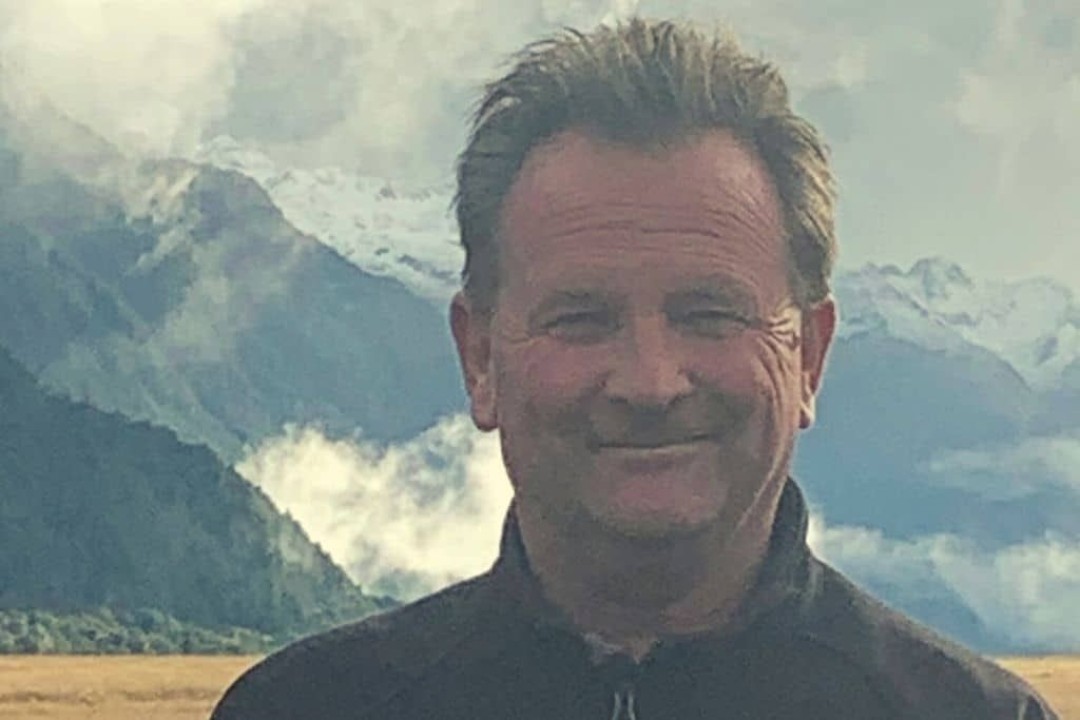Prepare To Be Alcohol Free (book excerpt)
April 14th, 2022 Mrs D's Blog 5 comments

The lovely Jean McCarthy has written another book, and we are so fortunate she is sharing an excerpt with us here at Living Sober! Jean is the author of the UnPickled blog and host of The Bubble Hour podcast. She shared her Sober Story with us here.
In her new book, “Prepare To Be Alcohol Free” Jean shares all the lessons, insights, tips, and tools she has learned over her many years of not drinking and speaking with others doing the same. Each chapter is brief but powerful, packed full of practical and empowering advice.
In the book’s introduction, Jean says: “This book suggests changes you can incorporate now to make your transition to an alcohol-free lifestyle much more manageable. Each chapter offers a different exercise to try, preparation to make, an idea to consider, or a concept to be aware of to stay a step ahead of the unexpected obstacles that most often cause us to wobble in our resolve and backslide into old behaviors. Staying ahead of cravings, social awkwardness, lack of choices, and old habits will make this a better experience.”
Below is Chapter 16 – Evening Rituals.
========
EVENING RITUALS
Alcohol-free evenings can be difficult at first. Learning new behaviors can be tiresome, and especially for those with physical and/or emotional dependency on alcohol, cravings become stronger and more pronounced as the day ends. Our homes ought to be a refuge from the world but can feel stifling during this time of transition.
Alcohol use includes many ritual-like behaviors you may long for: selecting a glass, mixing or pouring the drink, swirling or smelling the liquid, then enjoying in your favorite spot. It’s hard to imagine anything else evoking the same levels of anticipation and satisfaction.
Building new routines into the evening hours helps counteract the loss of old drinking rituals.
Choose activities that address two goals: comfort and delayed gratification.
Establish a sequence that’s easy to replicate and repeat these new habits or activities most evenings. Soon you’ll notice positive associations and replacement behaviors taking root.
Comforting activities can include soaking your feet or doing some gentle exercises, looking at old photos, or snuggling a pet. Choose a playlist of inspiring music to accompany each routine, or a single song as your personal anthem. A pleasant aroma from an oil diffuser or room spray can become a signal that it’s time to slow down for the end of the day.
Rituals involving delayed gratification help occupy restless evening hours with minor tasks that yield future rewards.
Prepare little kindnesses to enjoy the next day:
- Grind coffee beans and set the coffeemaker for the morning, timed to be brewed fresh just as your alarm wakes you. Select your clothes for the next day and arrange them in a convenient spot.
- Pick a room in your house where you could sit quietly the next day, even if just for a few moments. Select a podcast, meditation, or reading to enjoy. Set up the space, perhaps by arranging a blanket or slippers nearby, a favorite photo or memento within view, or a teacup and snack on a tray. Put an appointment in your calendar for this sliver of ‘me time’ and keep the date with yourself.
- By the end of the evening, you’ll crawl into bed, having gently comforted yourself. You can drift off to sleep knowing thoughtful pleasures await you in the morning.
Bit by bit, this tough part of the day becomes easier and smoother as you adjust and adapt to your new way of life.
I ate early, even if it meant eating dinner before the rest of the family. I’d take baths, read, listen to podcasts, binge watch tv, eat unhealthy food, anything as long as I didn’t drink.
Jenny
Sitting on the couch with a weighted blanket, an herbal tea, a scented candle, and a book was my cocoon. I read every‐ thing I could get my hands on about changes to my body now that alcohol was gone and loved reading the memoirs of people who eventually quit drinking.
Ellen
The best is to get some brisk exercise before dinner. I always go for a big walk between 4:00 and 6:00 p.m., and that helps. In the early days, it helped to just veg out with a show. Since wine was a way to escape for me, allowing myself to watch a movie or show helped me get that vegeta‐ tive state I craved.
Leslie
Treating myself to a chai tea or chocolate at night has been comforting and satisfying as I quit drinking. Video-calling with my toddler nieces gives me a huge hit of happiness before bed; it feeds my soul and immediately eliminates any cravings.
Heather
========
Excerpt from ‘UnPickled Prepare to be Alcohol-Free: Insights and Tips to Ease the Transition’ by Jean McCarthy. Buy the book on Amazon here.
Continue reading
Sober Story: Anna
"Things just slowly but surely got better and better. Within 4 years I moved from an entry level customer service job to a senior management position with a team of 50."
January 18, 2022 – 10 comments
4 years sober
"For people who are lurking, I lurked for YEARS before making the commitment to myself."
June 26, 2024 – 11 comments
Supporting Your Peers
This guest post comes from Tom Mabon a.k.a @behind-the-sofa, a long-time member of this site and also one of our Community Moderators.
January 12, 2018 – 21 comments
Sober Story: Ricky
======= Ricky: My life of sobriety began approximately 7 1/2 years ago.
May 30, 2021 – 13 comments


